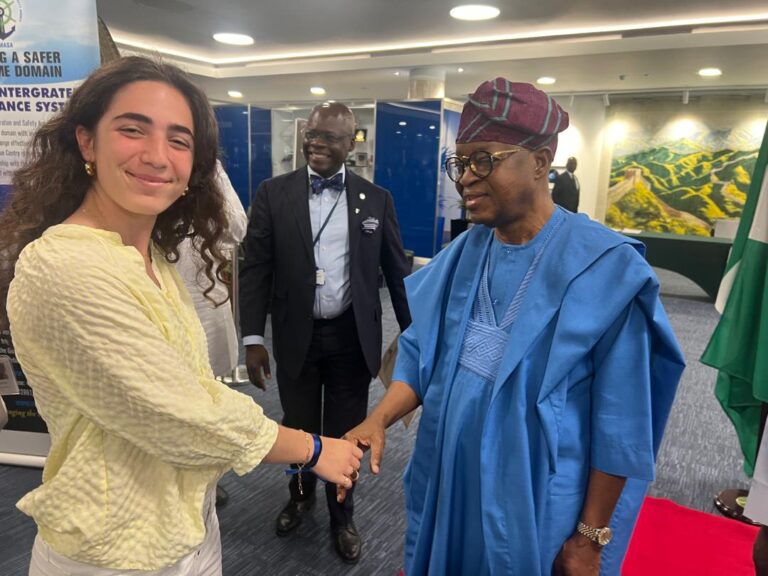Nigeria Launches Campaign for IMO Council Re-Election

In a bold move to enhance its global maritime presence, Nigeria has officially kicked off its campaign for re-election to Category C of the International Maritime Organization (IMO) Council. The campaign was launched at a notable event during the United Nations General Assembly (UNGA) in New York, where Nigeria’s maritime achievements were showcased to an audience of international stakeholders, diplomats, and industry leaders.
A Strategic Campaign Launch at the UNGA
The campaign launch represented a crucial moment for Nigeria’s maritime diplomacy. Led by officials from the Federal Ministry of Marine and Blue Economy and the Nigerian Maritime Administration and Safety Agency (NIMASA), the Nigerian delegation articulated its vision for the IMO Council while emphasizing the nation’s contributions to the global maritime industry. Choosing the UNGA as the venue reflected Nigeria’s intention to engage a broad and influential audience, which included representatives from various IMO member states and international organizations.
This initiative is a part of Nigeria’s efforts to secure re-election to the IMO Council’s Category C during the upcoming General Assembly elections set for December 2025 in London. Category C consists of 20 member states that possess special interests in maritime transport and navigation. Nigeria has maintained its position in this category, leveraging its strategic maritime location to influence global maritime policies effectively.
During the UNGA event, Nigeria presented a compelling case for its re-election by spotlighting significant strides made in the maritime sector. The delegation highlighted the nation’s commitment to enhancing maritime safety, security, and environmental sustainability, demonstrating alignment with the IMO’s core objectives. Notably, Nigeria’s initiatives in combating piracy and armed robbery at sea were underscored, particularly through the Deep Blue Project, which has successfully reduced piracy incidents in the Gulf of Guinea.
Showcasing Nigeria’s Maritime Achievements
Nigeria’s progress in modernizing its port infrastructure was also a focal point of the presentation. Significant investments have been directed toward enhancing operational efficiency, particularly with the Lekki Deep Seaport, which is poised to become one of Africa’s most advanced maritime facilities. This port is expected to significantly boost Nigeria’s trade capacity and establish the country as a key transshipment hub in West Africa.
In addition to infrastructure developments, Nigeria has made substantial efforts to align with international environmental standards. The country is committed to reducing greenhouse gas emissions in the maritime sector and has implemented regulations to comply with the International Convention for the Prevention of Pollution from Ships (MARPOL). These efforts underline Nigeria’s dedication to combating climate change and protecting marine ecosystems.
The Nigerian delegation also emphasized the importance of maritime governance. Nigeria has been an active participant in IMO discussions, advocating for policies that address the needs of developing countries, especially in Africa. The establishment of premier maritime training institutions has equipped thousands of seafarers with the skills necessary to meet global standards, demonstrating Nigeria’s commitment to capacity building in the maritime sector.
The campaign also highlighted Nigeria’s leadership in regional maritime cooperation. Through its role in the Maritime Organization of West and Central Africa (MOWCA), Nigeria has fostered collaboration among member states to tackle common challenges such as piracy, illegal fishing, and marine pollution. This regional integration and cooperation was presented as a vital aspect of Nigeria’s candidacy for re-election to the IMO Council.
Overall, Nigeria’s campaign launch was a strategic move aimed at reinforcing the country’s maritime contributions and aspirations on the global stage, as the nation seeks to secure its position in the IMO Council amidst growing international maritime challenges.
